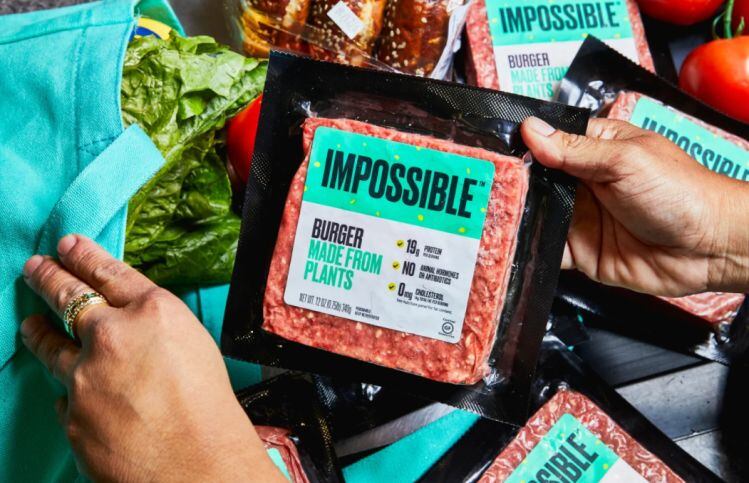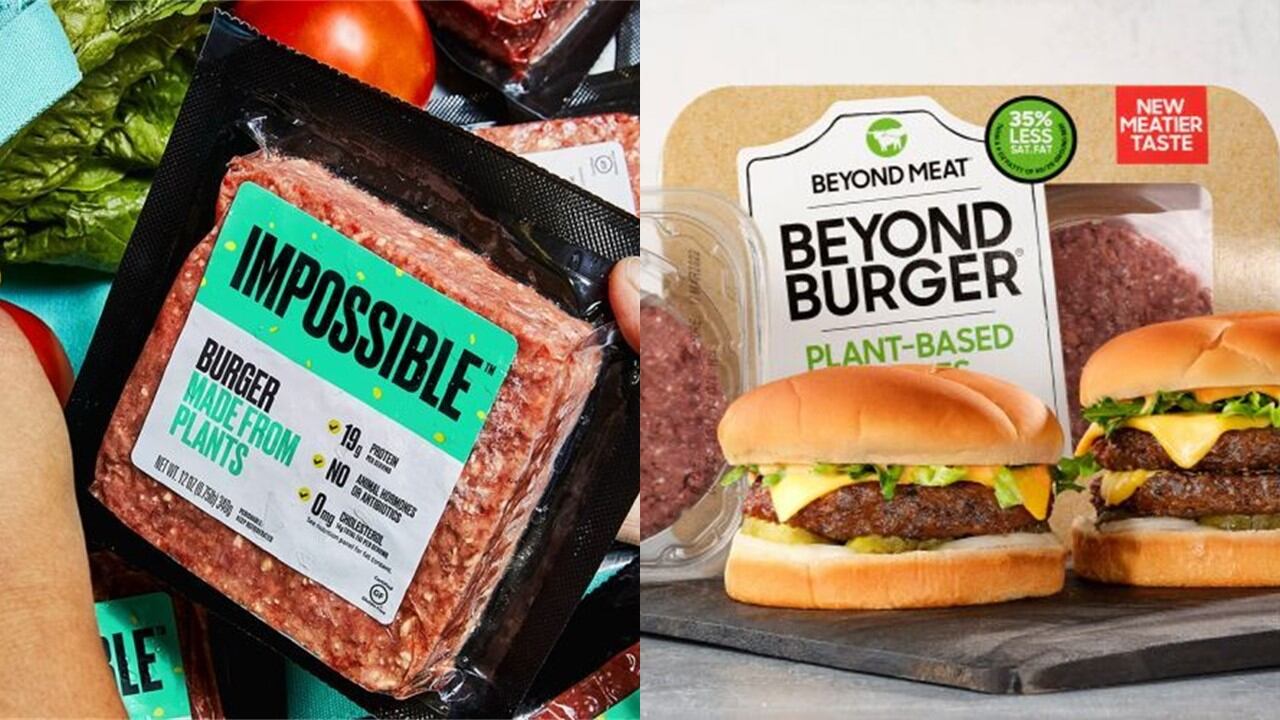Speaking during a fireside chat with musician Questlove, an investor in Impossible Foods, Brown said: “These kinds of pejorative labels … need to be recognized as meat industry propaganda [although plant-based rival Lightlife also used similar tactics in a 2020 PR campaign presenting Impossible Foods and Beyond Meat as ultra-processed], and I think consumers, in general, can see through them.
“When you use the term ‘processed foods’ [a term also deployed by Dr Robert Lustig, who says many plants have been so heavily refined or processed that fiber and other nutrients that make them healthy have been removed or damaged], it's intended to portray plant-based products as in the same category as Twinkies.
“The difference here is that Twinkies are unhealthy not because they're processed, but because they're almost devoid of valuable nutrients, and instead they're just packed with sugar and fat and junk, that's the problem. It has nothing to do with processing.”
‘There are some crops and proteins out there that are much better than the ones we're using right now’
Impossible Foods – which adds a string of vitamins and minerals to its burgers, which have 130% of the daily value for vitamin B12, 25% of the DV for iron, 15% of the DV for calcium, and 3g fiber – has been thoughtful about ingredient choices, he added: “What's important for consumers from a health and nutrition standpoint, is whether the ingredients are chosen conscientiously, with a real commitment to the health and nutrition of the consumer, as opposed to, we're just going to make some cheap crap that that is sweet and salty.
“I think sensible consumers realize that plant-based products are a much healthier choice than the slaughterhouse-derived product products that people were eating before," added Brown, who has long said it is lazy and unscientific to judge a food product based on the number of ingredients it contains or whether the average consumer can pronounce them.
That said, Impossible Foods is always on the lookout for new ingredients, he said: “There are some crops and proteins out there that are much better than the ones we're using right now but they're just not scaled, but I think some of the big ag companies now are starting to see the opportunity.”
‘Within five years and probably considerably less, plant-based products will be likely be competing on price with their animal-based counterparts’
When it comes to price, he said, “The incumbent industry has already had over 100 years… they’ve built all their infrastructure, and have all the systems in place already paid for.
“We're growing fast, so we just have to kind of pay in advance. So it's hard for us to fully realize economies of scale, but… within five years and probably considerably less, plant-based products will be likely be competing on price with their animal-based counterparts, and will very likely be price cheaper in many cases.”
Could Impossible Foods sell its heme to other companies in future?
Asked if Impossible Foods would sell its flagship ‘heme’ ingredient (which the company claims is ‘what makes meat taste like meat’) to other companies, he said: “We have absolutely no aversion to doing that… we just haven't had the bandwidth to really think about those alternative business models …
“But I'll just say, from a personal perspective, I am more than willing to do anything that will actually accelerate the availability and competitiveness of plant based foods, across the board, and I wouldn't be at all surprised if we go in that direction in a couple of years.”
‘We have prototypes right now that in blind consumer tests decisively beat the animal-derived versions’
Although plant-based meats currently account for just 2% of the market, and the conventional meat industry continues to grow, Brown said he remains “very confident that in five years, there will be beef, pork and chicken products made from plants that in the perception of mainstream consumers are more delicious, more nutritious, and more affordable than the slaughterhouse derived products that are available today.
“And when you cross that threshold and familiarity,” he said, “the adoption curve will be fast… I'm confident that in 10 years, the incumbent animal-based industry is basically going to be circling the drain.”
While a recent meat-industry-funded survey of 3,000 US consumers conducted by agricultural economists at Kansas State University and Purdue University found that consumers’ perceptions of taste, appearance, price, and naturalness of beef “greatly exceed that for plant-based proteins,” plant-based foods are improving all the time, said Brown.
“Plant-based foods are just getting better and better every year. I mean, we have prototypes right now of pork and chicken and beef that in blind consumer tests decisively beat the animal derived versions, so stay tuned because it's going to happen a lot faster than people think.”
‘We’re going to take them down the old fashioned way, by creating products that consumers prefer’
He added: “The use of animals as a food technology is by a huge margin the most destructive technology on Earth and very likely the most destructive technology in human history. It's almost entirely responsible for a catastrophic collapse of global biodiversity… And by far the biggest thing we can do to put the brakes on climate change is to replace animals in the food system.
“[But] we're not going to solve the problem by telling people what to eat… And that was my epiphany. I realized that the way to solve this problem is to create a company that will compete in the marketplace against the animal-based food industry, and take them down the old fashioned way, by creating products that consumers prefer.”

San Francisco-based Impossible Foods, founded in 2011 by acclaimed Stanford biochemist Dr Pat Brown, entered the foodservice market in 2016 and made an aggressive push into retail in 2020. It does not disclose revenues, but is now in around 22,000 grocery stores and 30,000+ foodservice locations across the US, Canada, Hong Kong and Singapore.
The firm – which has a stated goal to “produce a full range of meats and dairy products for every cultural region in the world” – is best-known for its beef burgers and pork.
However, it is also working on steak, chicken, seafood, and eggs, and recently teased a plant-based milk product claimed to be “better than anything that comes from a cow."
Picture credit: Impossible Foods




